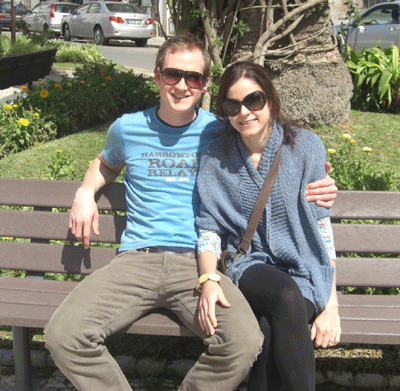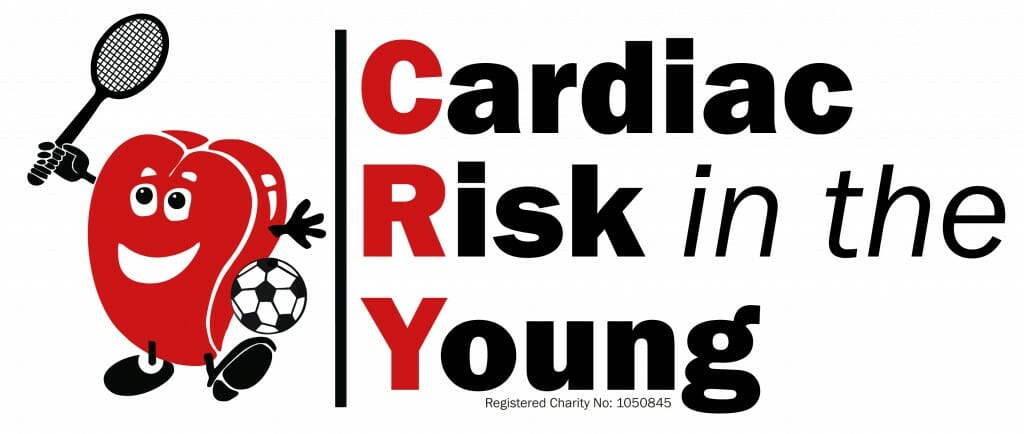A healthy way to start the weekend, get up Saturday morning and go for a run. This was something my fiancée Charlotte and I enjoy regularly, sick this one however was very different.
After being out for just over an hour running the streets of Bath on a very sunny September Saturday, Charlotte and I returned to our flat when I suffered suddenly from a cardiac arrest. My heart rate shot up drastically causing me to pass out and completely lose any sign of a pulse.
My life-saving and truly courageous partner performed CPR on me until the ambulance arrived, whereupon I was shocked several times with the on-board defibrillator by paramedics. If it wasn’t for her immediate actions and quick thinking, followed by the quick ambulance response, things would have been very different for me.

I was immediately sent to the intensive care unit of Royal United Hospital in Bath for 3 days being closely monitored. My body temperature was refrigerated to preserve my brain function. After this I was then transferred to the cardiac ward and had no idea how or why I was there.
My fiancée, her family and my own family experienced such extreme uncertainty particularly in those early days, I really can’t imagine the anxiety, worry and stress that was felt.
I was totally unaware and have no memory of anything until at least a week later in hospital – convincing myself I’d been involved in a car accident and concerned at why my chest ached. I was told what happened to me, but it was still very hard to digest in my mind as I had no memory of anything that happened aside from a few minutes before the end of my run. At the time my short-term memory was very poor as I was unable to remember basic things.
Doctors explained to me their thoughts and offered possible answers on what had happened. Initially it was thought I’d caught a virus and was overly exhausted. After 7 weeks being in hospital, examined and scanned several times, I was told I’d have to have an implantable cardioverter defibrillator (ICD) implanted and take daily beta-blockers. At the time I was an electrician, one of the very few jobs not recommended by cardiologists, forcing me to give up and make a new start in my career.
In 2009 I experienced 2 inappropriate shocks from my defibrillator in February, setting me back physically and mentally. Consequently, I was required to have my ICD lead repositioned involving invasive surgery on my 27th birthday.
Today I am still under doctor’s investigation at the Heart Hospital in London, as I have no firm diagnosis for a cardiac illness. Initially, it was suspected that I had arrhythmogenic right ventricular cardiomyopathy (hospital discharge-diagnosis). However, following ECHOs, ECGs, blood tests and my defibrillator downloads, hypertrophic cardiomyopathy and dilated cardiomyopathy were investigated – but (common-gene) genetic testing has proved cardiomyopathy is not an accurate diagnosis. My immediate family have all been screened and none are showing irregular or concerning signs like me, including my identical twin brother.
In October 2009 I completed the Cardiff Half Marathon, which was a real achievement for me both physically and mentally. Since then I have gone on to complete several 10-mile races and fully intend completing a marathon in the near future. I enjoy keeping fit and will continue to do so, despite my medical history.
